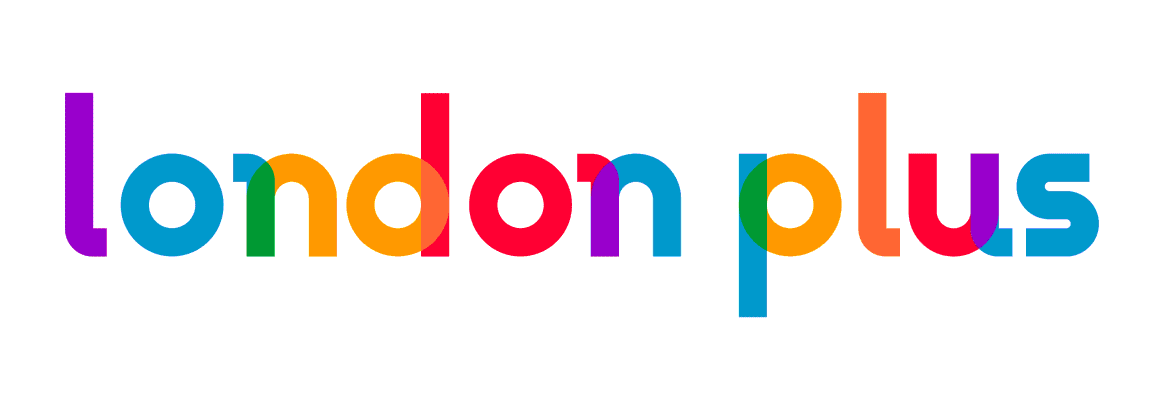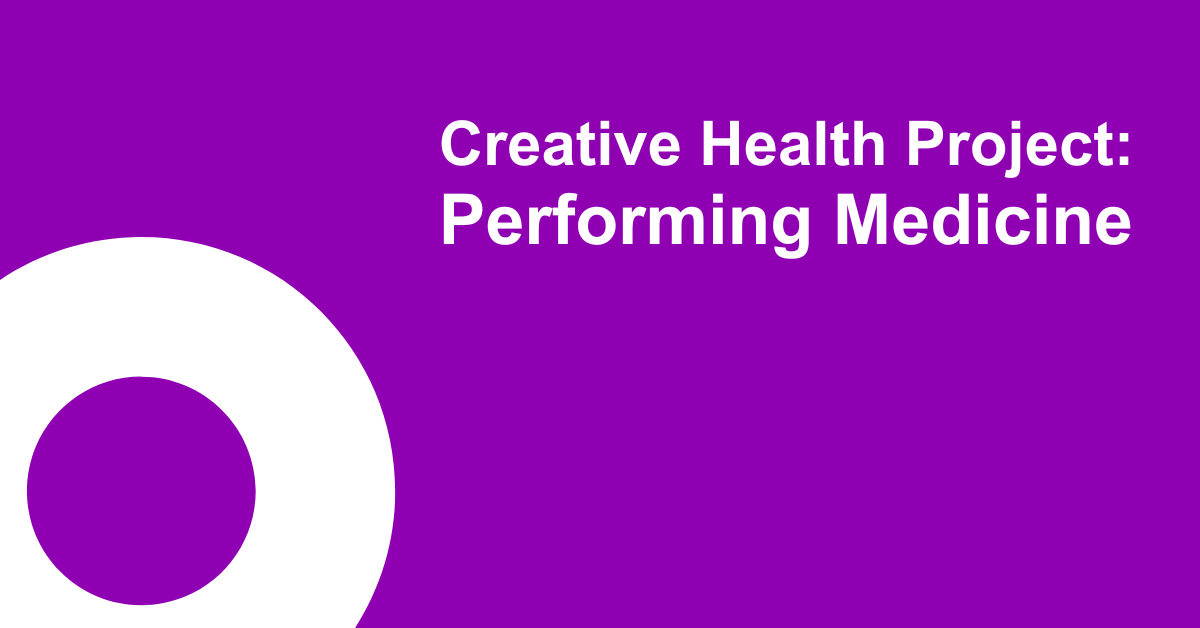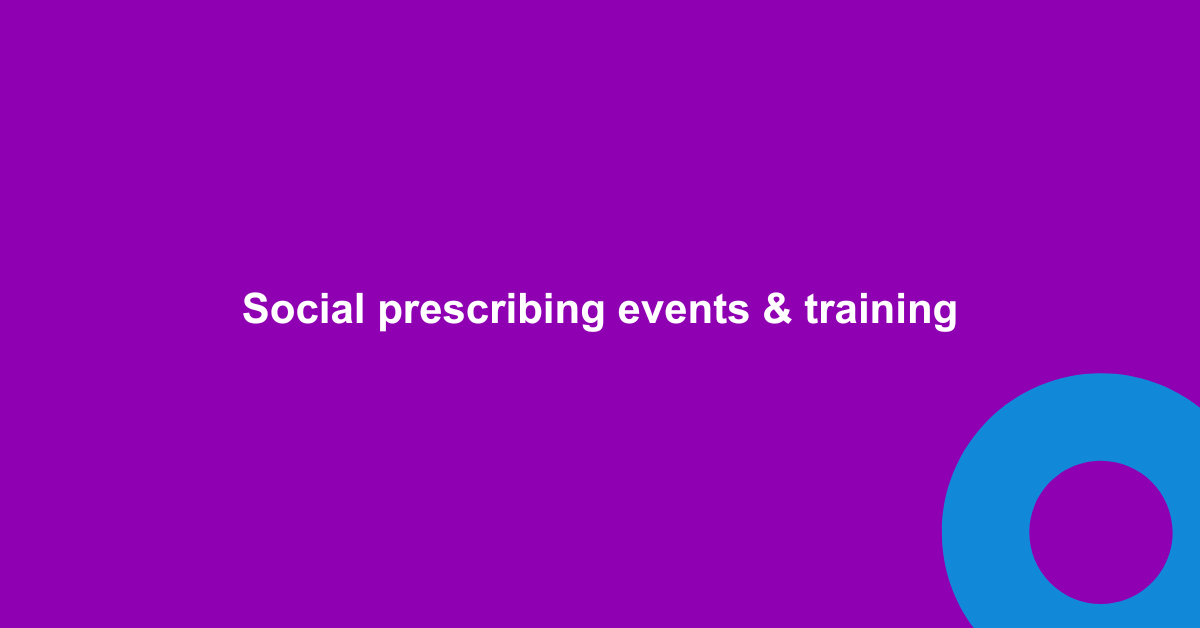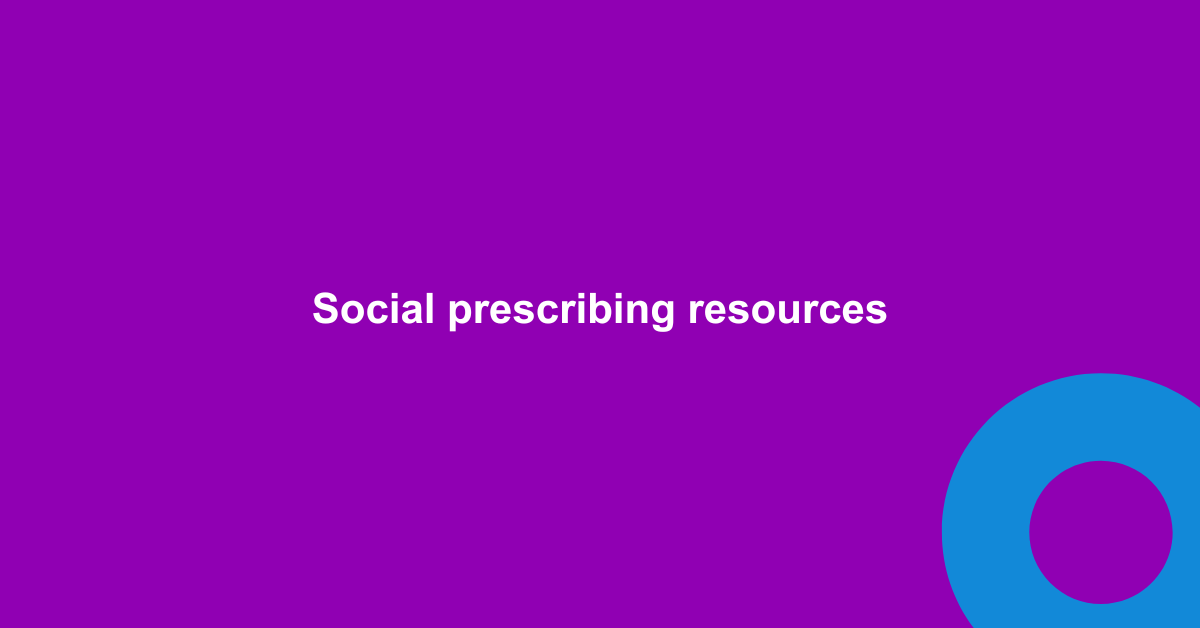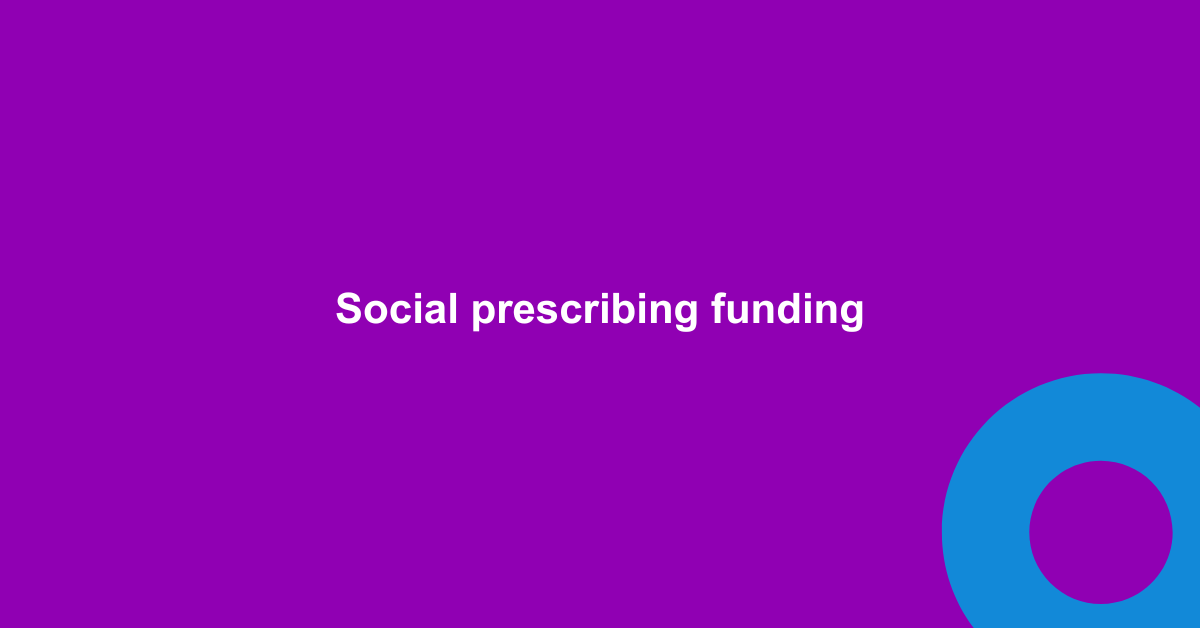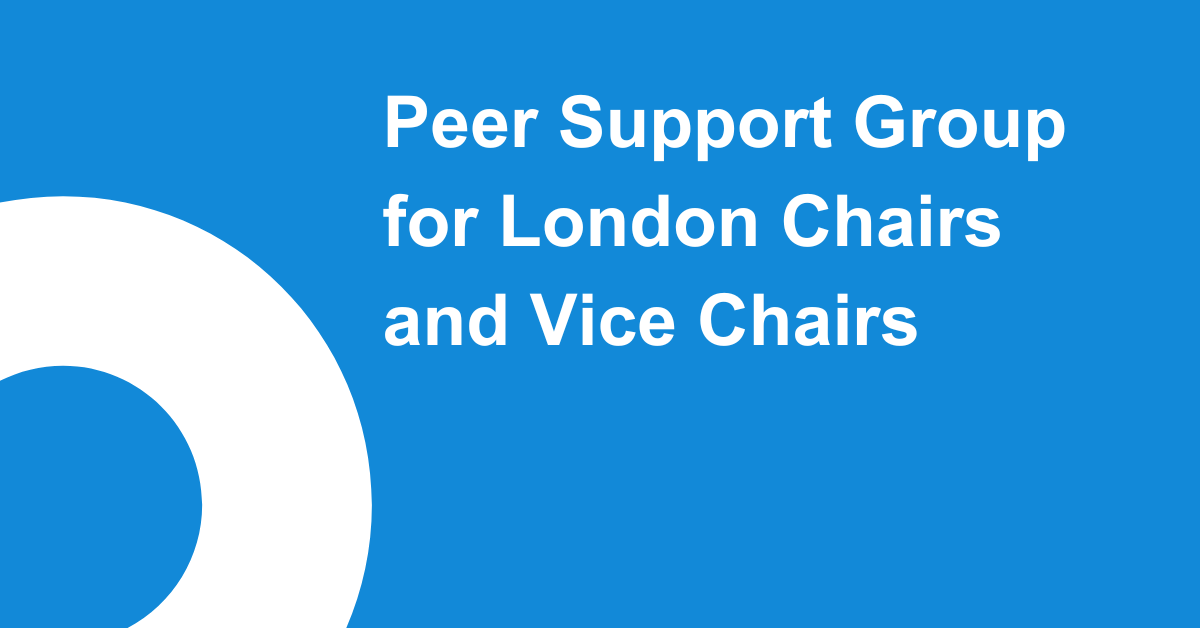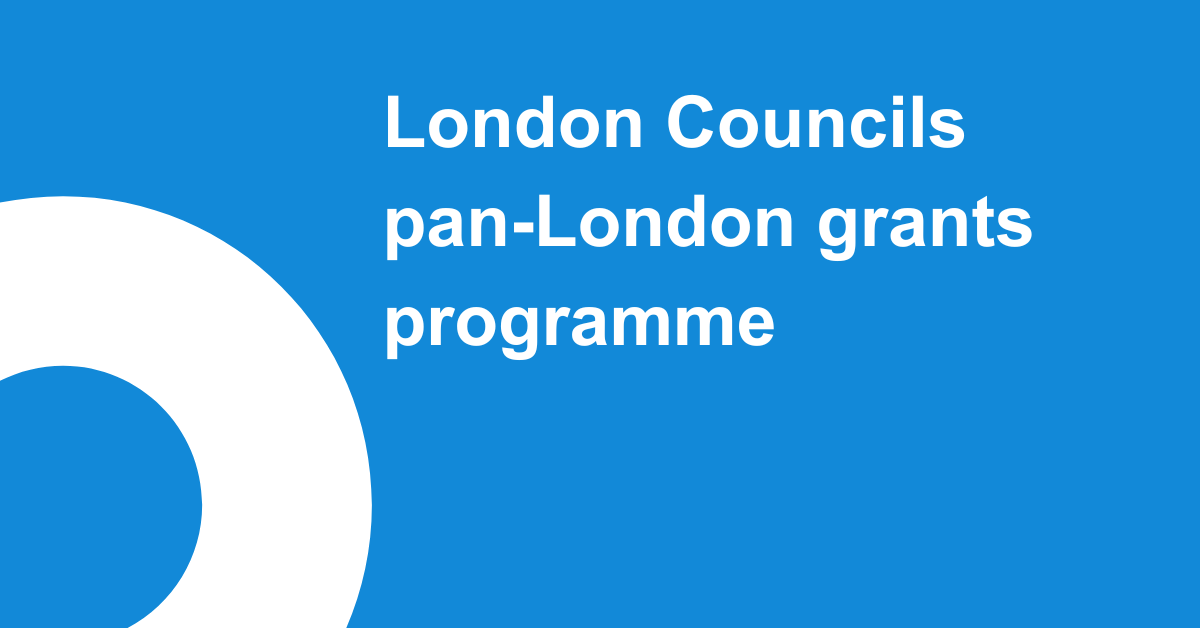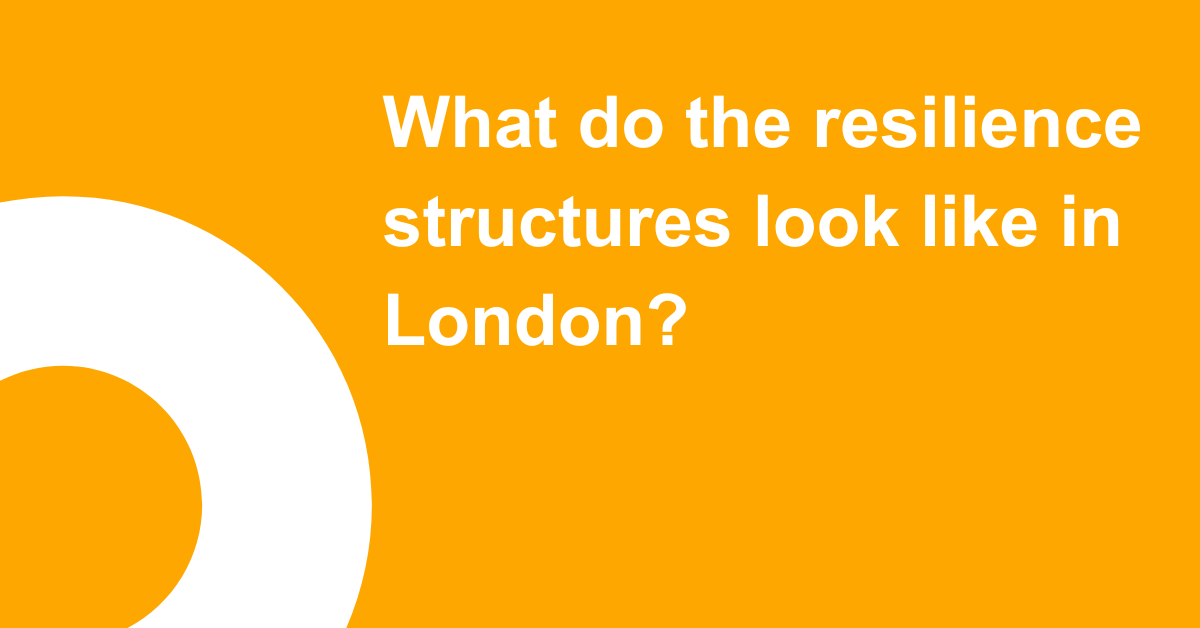London Plus has recently launched a new project which will support the Arts, Cultural, and Voluntary Community and Social Enterprise (VCSE) sectors to identify and communicate the impact of creative health activities.
In this blog, find out more about one of the organisations involved in this project – Performing Medicine.
What does Performing Medicine do?
For over 25 years, Performing Medicine has been delivering creative training programmes for healthcare professionals and medical students, using arts-based methods to support the development of skills relevant to clinical practice. In the field of Creative Health we support sector relationship building through our Social Prescribing of Arts & Culture Workforce Development programme.
The programme brings together artists and link workers to build understanding of social prescribing, improve the quality of offers and facilitate access to opportunities in local areas to benefit clients.
What are your values?
Our organisation values are Respect, Rigour, Risk-taking, and Agility. We build trusted partnerships and listen actively through collaboration across disciplines and sectors. We take pride in the quality of everything we do, drawing on robust and evidenced approaches that guide us to develop our offer continually.
How do you make a difference to people’s wellbeing?
Wellbeing is a significant area of work for Performing Medicine. We view self-care as an integral skill that is needed for our healthcare workforce to deliver sustainable and compassionate care while working in incredibly demanding environments.
Through our arts-based approaches, we help staff develop strategies for self-care, and offer the opportunity to explore their own relationship with creativity and movement to support their wellbeing.
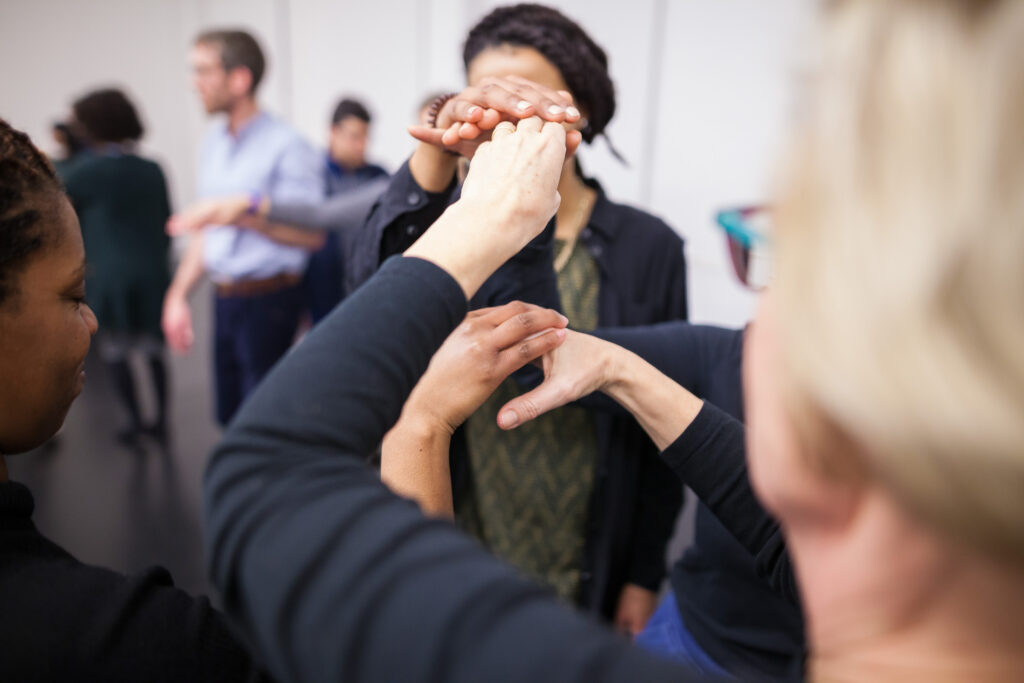
Performing Medicine Workshop – Photography by Benedict Johnson
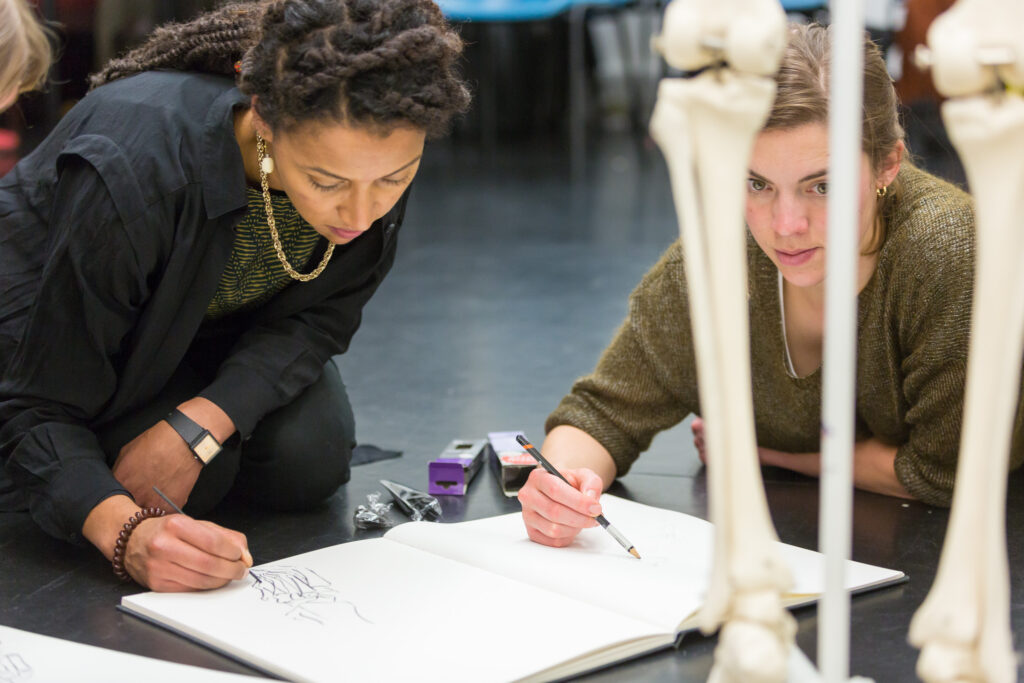

What communities do you work with to tackle health inequalities?
Every year Performing Medicine engages with hundreds of professionals and students that make up a diverse NHS workforce and represent the next generation of healthcare. We work with clinicians, community health workers, public health workers, strategy leads and artists for whom tackling health inequalities is a priority.
We help address issues in a range of ways, whether through a special focus on a specific area such as anti-racism in the workplace, or through wider support such as professional development courses to help artists shape social prescribing offers that respond to local needs.
Is there a project or initiative that you are particularly proud of?
In 2018, we worked with Swansea Bay University Health Board to improve staff wellbeing in the Mental Health and Learning Disabilities Unit. We delivered workshops for staff across 3 wards that had been identified to have high levels of working stress.
Our workshops drew on our Circle of Care Framework – developed in collaboration with Guy’s and St Thomas’ NHS Foundation Trust – to understand how staff could cope better with work-related stress, be more confident in their work and engage with patients in a more attentive way.
Our immediate feedback was overwhelmingly positive. 98% of participants reported increased insight into at least one of the key themes of the workshop: the need for self-care, skills for communication and effective conversations, and ways their behaviour impacts on colleagues and patients.
On follow-up, we found that many had reported meaningful behavioural change, demonstrating how effective arts-based training can be. Opportunities for local artists to be involved in delivery of the project, the scope to listen first, collaborate with health staff and to let the work evolve and reap rewards over time made this really satisfying, well conceived and well received programme whose legacy lives on.
Why did you decide to get involved in our Creative Health Impact project?
Impact data is a valuable asset which helps us and others understand the value of our work, and continually develop and optimise work. The task of measuring and communicating impact, however, is no small feat. Working together to develop efficient, user-friendly tools to help us all in our common goal to measure impact over the long term is important.
***
Follow us on socials to keep up to date:
